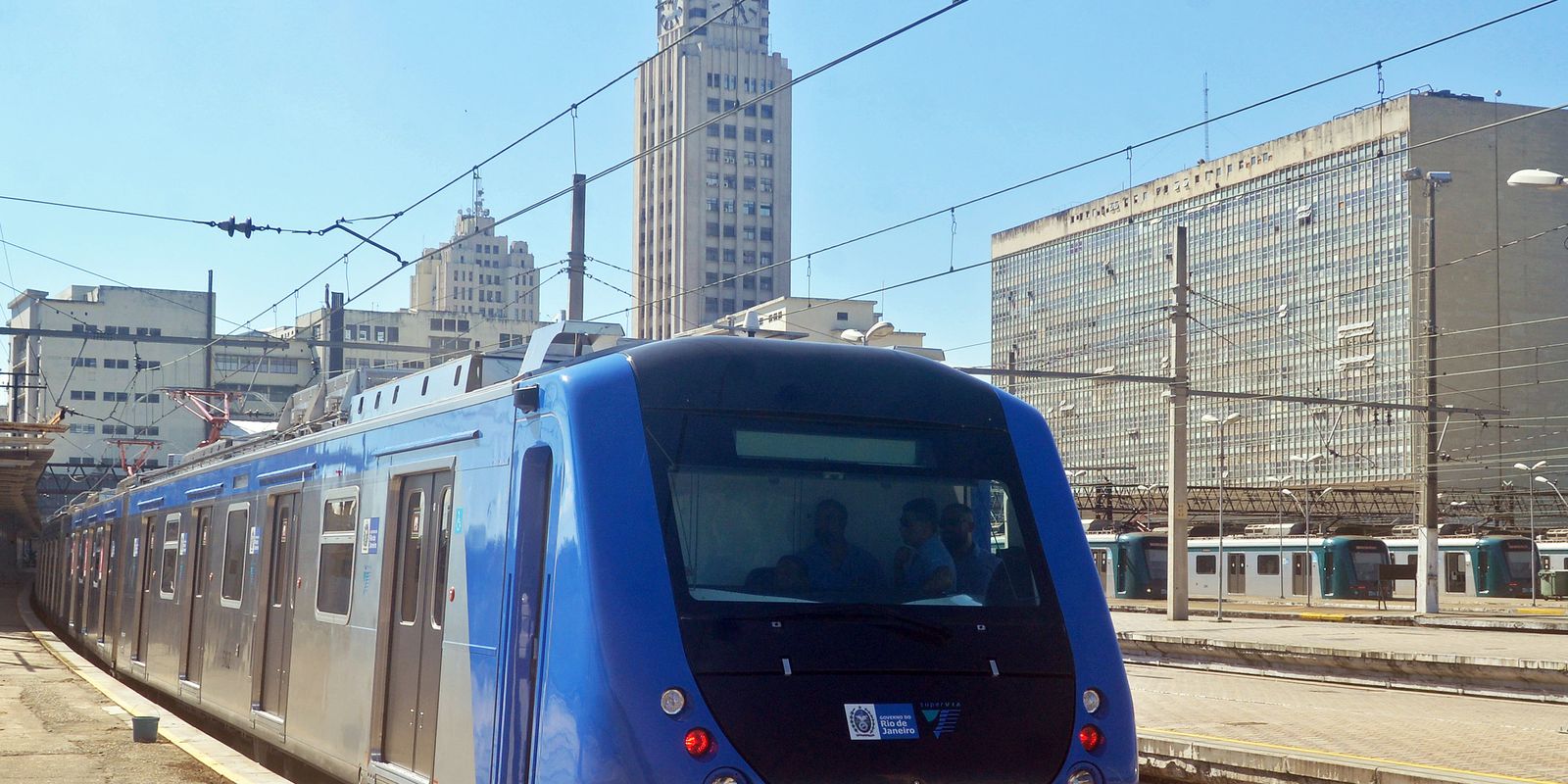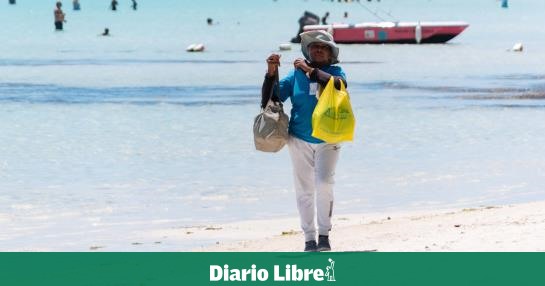The governor of Rio de Janeiro, Cláudio Castro, announced this evening (7) the suspension of the negotiation of a new tariff adjustment for trains operated by the concessionaire Supervia. According to him, the ticket will remain at R$ 5 until the problems in providing the service are resolved. The decision was taken in the midst of a crisis resulting from the constant stoppages.
The situation mainly affects residents of the west of the capital and the municipalities of Baixada Fluminense, who commute daily to work in the central region of the city of Rio de Janeiro.
Yesterday (6), Supervia users faced a day of chaos, with 54 stations closing in the morning and two branches – Saracuruna and Belford Roxo – inoperative. Normalization of circulation took six hours.
Supervia justifies the stoppages by the recurring episodes of cable theft. According to the concessionaire, throughout 2021, more than 30 kilometers of wires were stolen. In the first two months of 2022, more than 10 kilometers were taken, causing a loss of BRL 440,200 and impacting 491 trips. Supervia recorded 220 incidents in January and February, which would represent an increase of 268% compared to the same period last year.
Task force
This recurrence of crime would call into question the task force created jointly by the government and Supervia. The initiative, agreed in September last year, sought to curb the movement of criminals. The 270 kilometers of lines were now guarded by 200 police officers and drones were also used to patrol the tracks.
But for the government, the theft of cables alone does not explain the problems in providing the service. Cláudio Castro announced that a technical inspection will be carried out and accused the concessionaire of lying about the real causes of the situation. He also claimed that thefts are recorded “in batches”, making the investigation difficult.
“A series of operational failures have occurred: lack of maintenance, conservation, composition without control goes up on the platform, trips are interrupted by a drop in the air network, wagon doors do not close and delays are routine for users. It is unacceptable to attribute all issues to thefts of cables. The figures released by the concessionaire do not hold up. If it were real, there would be no more trains in circulation”, he said.
The governor also said it was necessary to separate public security from property security, which is the responsibility of the concessionaire. According to him, Supervia was alerted about the low effective of its patrimonial guard. “High-value materials are often protected by a simple padlock. Public safety will not be used as an excuse for utility problems,” he added. However, he ruled out at the time carrying out an intervention in the service and considered that this measure, although provided for in the contract, would be extreme.
users
On social media, users complain. “Every day Supervia humiliates the resident of Duque de Caxias in a different way”, said Thays Sant’Anna during the last stoppages. “It’s no use waking up even earlier to get to work because Supervia always finds a way to make the train delay”, wrote Amanda Abreu.
Failure to comply with contractual obligations such as renovations, modernization of substations and road revitalization has already generated a fine for Supervia. The sanction, in the amount of R$ 2.2 million, was applied on Tuesday (5) by the Transport Regulatory Agency (Agetransp) for the lack of investments planned when the concession was signed in 2010.
readjustment
It was in the midst of this scenario that Supervia and the government had been negotiating the tariff readjustment. In January, Agetransp even approved the increase in the ticket from R$5 to R$7. Later, the government announced that it would seek a renegotiation, considering the new value to be too high, and the change, scheduled for February, ended up being suspended.
Last month, the chief advisor in the governor’s office, Priscila Sakalem, said that a tariff above R$6 would not be accepted and that the correction should be based on the Broad National Consumer Price Index (IPCA). The statement was made to the Parliamentary Commission of Inquiry (CPI) on Trains, installed in February by the Legislative Assembly of Rio de Janeiro (Alerj) to investigate the precariousness of the service and the reasons for travel interruptions and delays, overcrowding and other problems. .
Supervia was contacted to comment on the Rio government’s departure from the negotiation of a new tariff readjustment for trains operated by the concessionaire and the statements made by Governor Cláudio Castro, but has not yet returned.









